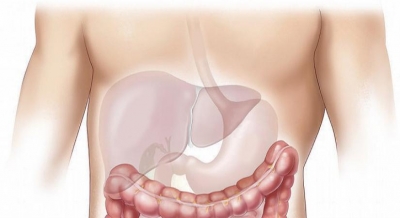'Good cholesterol' may protect liver: Study
By IANS | Published: July 24, 2021 11:21 PM2021-07-24T23:21:02+5:302021-07-24T23:40:29+5:30
New York, July 24 Researchers have identified a type of "good cholesterol" that protects the liver by blocking ...

'Good cholesterol' may protect liver: Study
New York, July 24 Researchers have identified a type of "good cholesterol" that protects the liver by blocking inflammatory signals produced by common gut bacteria.
High-density lipoprotein (HDL) is mostly known for mopping up cholesterol in the body and delivering it to the liver for disposal.
But researchers from the Washington University in St Louis, the US, found that a type of "good cholesterol" called HDL3, when produced in the intestine, protects the liver from inflammation and injury. If not blocked, these bacterial signals travel from the intestine to the liver, where they activate immune cells that trigger an inflammatory state, which leads to liver damage.
"Even though HDL has been considered 'good cholesterol,' drugs that increase overall HDL levels have fallen out of favour in recent years because of clinical trials that showed no benefit in cardiovascular disease," said Gwendalyn J. Randolph, Professor of Immunology at the University's School of Medicine.
"But our study suggests that raising levels of this specific type of HDL, and specifically raising it in the intestine, may hold promise for protecting against liver disease, which, like heart disease, also is a major chronic health problem," Randolph added.
The study, published in the journal Science, showed that HDL3 from the intestine protects the liver from inflammation in mice and in human blood samples.
Any sort of intestinal damage can impact how a group of microbes called Gram-negative bacteria can affect the body. Such microbes produce an inflammatory molecule called lipopolysaccharide that can travel to the liver via the portal vein.
The portal vein is the major vessel that supplies blood to the liver, and it carries most nutrients to the liver after food is absorbed in the intestine.
Substances from gut microbes may travel along with nutrients from food to activate immune cells that trigger inflammation. In this way, elements of the gut microbiome may drive liver disease, including fatty liver disease and liver fibrosis, in which the liver develops scar tissue.
"We are hopeful that HDL3 can serve as a target in future therapies for liver disease. We are continuing our research to better understand the details of this unique process," Randolph said.
Disclaimer: This post has been auto-published from an agency feed without any modifications to the text and has not been reviewed by an editor
Open in app